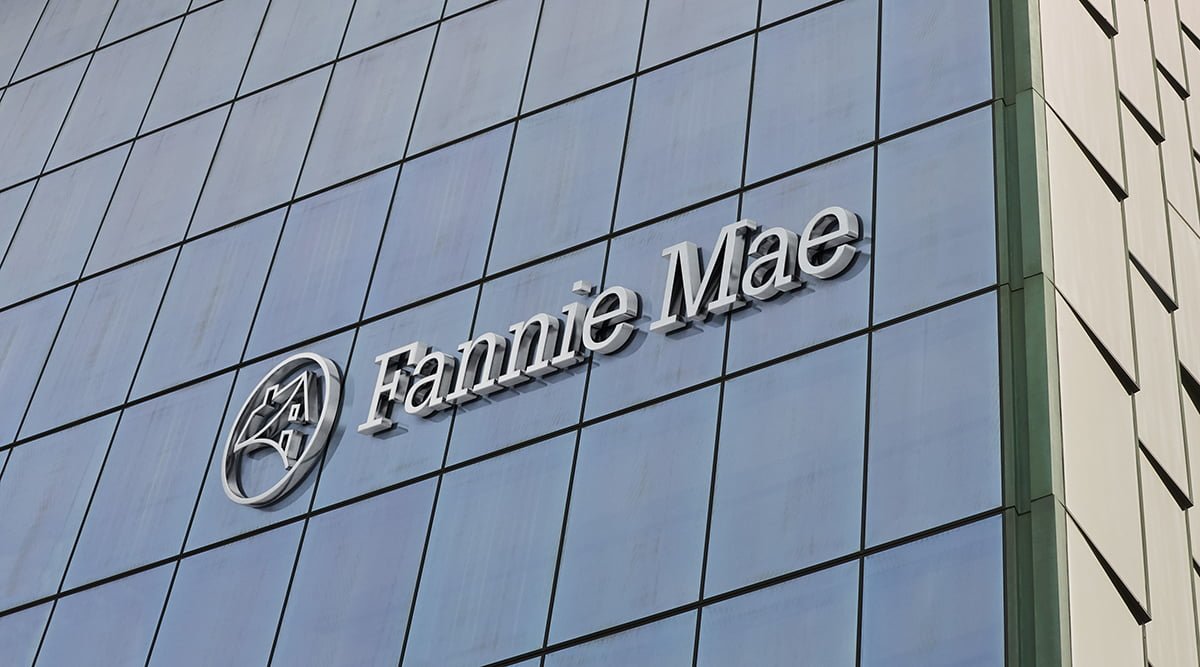The net worth sweep continues to be a hot topic for Fannie Mae and Freddie Mac. There seemed to be some light at the tunnel when signs suggested it would be eliminated, but now that an official “agreement” is in the books, nothing has actually changed. Bank analyst Dick Bove of Odeon Capital referred to the situation as “the GSE scam” in a note released on Wednesday.
Agreement reached?
The Treasury Department reached an agreement with the Federal Housing Finance Agency (FHFA), which oversees the GSEs, last week. It would seem that a momentous occasion like that would mean that big changes are on the horizon, but Bove said the only thing that’s really changing is the way Fannie Mae and Freddie Mac will be doing their accounting books. Essentially, instead of eliminating the net worth sweep, the Treasury Department and the FHFA have agreed to change how the sweep is handled in the GSEs’ books.
Q2 hedge fund letters, conference, scoops etc
It has widely been expected that the net worth sweep would be eliminated soon, but that isn't actually the case, based on the Treasury and FHFA's agreement. According to Bove, the accounting changes the two agencies agreed to will make it look like Fannie's and Freddie's net worth has increased even though it hasn't actually done so in real terms.
Bove emphasized that his report expresses his opinion, which he reached after days of calls to independent accountants to understand what has been done.
Here's what could happen when earnings are reported
The bank analyst believes the accounting change will affect Fannie Mae's and Freddie Mac's earnings reports in four steps. He believes at the end of each quarter, the two GSEs will calculate what they owe the Treasury using the same methodology they have used since the net worth sweep was instituted in 2012.
The second step will be reporting earnings as they always have, including net income. Then they deduct from that net income the dividend that was calculated as due under the net worth sweep. The GSEs will then "report earnings per share based upon the deduction of the net worth sweep amount."
However, the third step will be different. Instead of deducting the dividend payment from the net worth sweep on Fannie's and Freddie's balance sheets, there will be "a notation on the financial statements indicating that the companies owe the senior preferred holders an amount of money equal to the dividend payment." Since the Treasury holds their senior preferred shares, this refers to the net worth sweep. Since the sweep is being accounted for as a notation instead of an actual deduction, it will appear that the GSEs' net worth or book value is rising.
Bove describes the fourth step after the end of each quarter as this: "At some point, in order that the companies are released from their conservatorships, the money that is owed and notated on the balance sheets but not paid out, must be paid to the senior preferred stock holder – i.e. the United States Treasury. Thus, the funds that were deferred will be paid so that in real terms the retained earnings of these companies never went up."
"Accounting chicanery"?
Bove argues that the U.S. government is essentially trying to pull one over on GSE investors, thinking they "will never figure out what is going on." He explained that in 2008, the government forced Fannie Mae and Freddie Mac to take a "non-cash accounting entry that would destroy their capital and give the government the right to take them over," a rule that is being contested in court.
Then in 2012, he said the government "blatantly lied to Congress, the press, and ultimately the courts." According to Bove, the government claimed the GSEs were in "dire financial" straits even though it knew they had returned to financial health. This revelation was revealed in discovery documents in the U.S. claims court. At that time, the government used this false claim to create the net worth sweep.
Now the most recent "agreement" which simply switches the accounting around is the latest chapter in this ongoing saga.
"Perhaps Congress and the Press cannot figure these things out, but investors can," Bove summed up. "Rather than becoming infuriated at the hedge funds that have turned up this information, one should be thanking them. There is too much at risk in housing and the economy to keep playing these games."
This article first appeared on ValueWalk Premium






